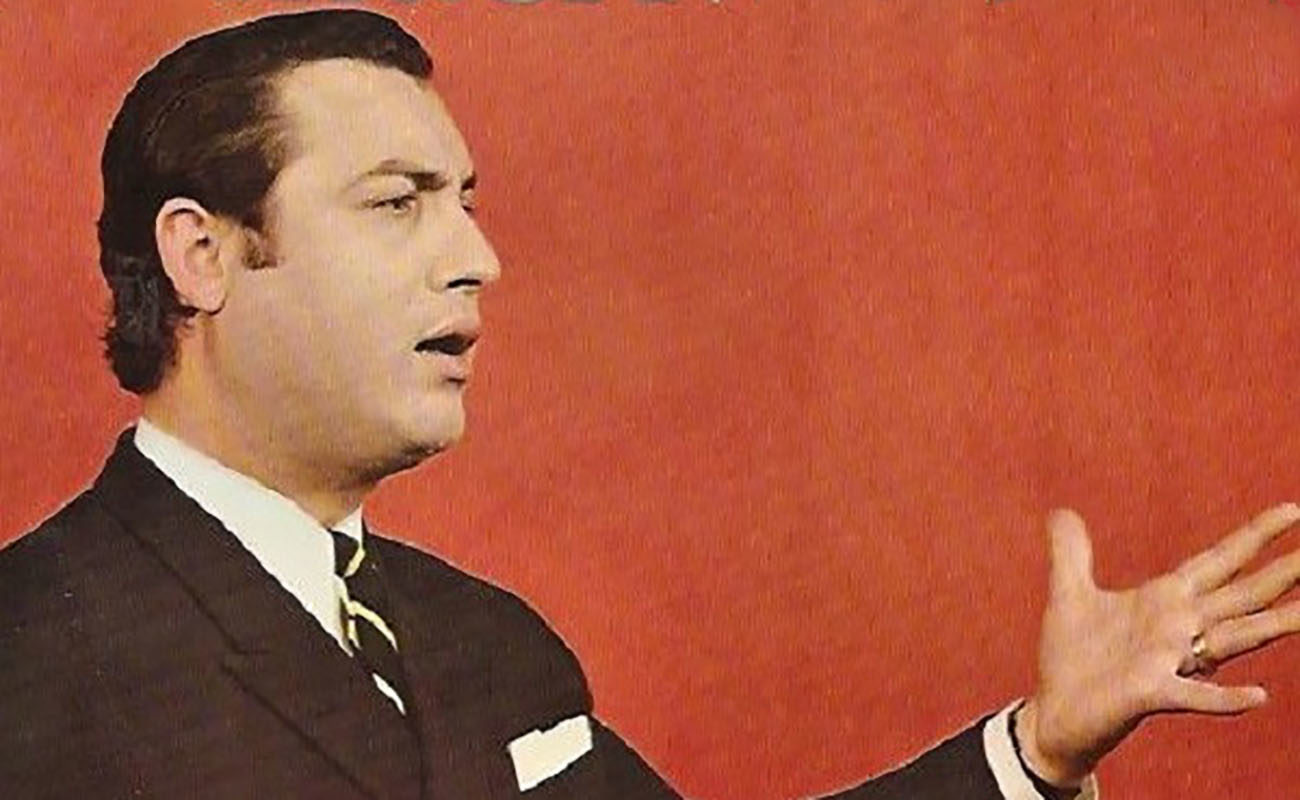A first-class saetero
As the season of saetas is around the corner, I’d like to remember here one of the great saeteros (singer of saetas) in history: Manuel Mairena, the younger brother of the great Antonio Mairena. He was not just a saetero, but a cantaorwell-versed in many different palos, such as soleares, seguiriyas, tonás, romances and tangos. He was also born in Mairena del Alcor, in 1934, during Spain’s Second Republic, and was his brother’s

As the season of saetas is around the corner, I’d like to remember here one of the great saeteros (singer of saetas) in history: Manuel Mairena, the younger brother of the great Antonio Mairena. He was not just a saetero, but a cantaorwell-versed in many different palos, such as soleares, seguiriyas, tonás, romances and tangos. He was also born in Mairena del Alcor, in 1934, during Spain’s Second Republic, and was his brother’s follower.
When Manuel was born, his brother Antonio (25 years his senior), wasn’t yet a great star of cante, even as he had been performing since he was a child. Thus, Manuel Cruz García, Manuel Mairena had in his own home his main reference in cante, Antonio, besides his other two brothers, Juan and Curro Mairena. His father Rafael Cruz Vargas was also a cantaor aficionado, related to Niña de los Peines, Arturo and Tomás Pavón, and a blacksmith by trade, born in another town in Seville province, El Coronil. Since the town of Mairena del Alcor was already well known for its great cantaores and knowledgeable aficionados, we can say that Manolo was born in a very fertile land.
Did being the brother of Antonio Mairena benefit or harm his career? I bring this question up because both points of view are often stated. Without a doubt, it benefited him at the start of his career, because when he started to perform, in the 1940s, Antonio was already a professional singer and he helped Manuel to get into the trade. It’s possible that, after a while, being associated with Antonio harmed his career, as many people would make loathsome comparisons, wanting them to compete against each other, in Mairena and beyond. We must be absolutely sincere in one thing: Manolo never had the same talent as his brother, even as his voice was more pleasant to the ears and one of the most beautiful in cante, in my opinion. I know that it’s a matter of personal tastes, but, objectively, Antonio was better, besides being his teacher, among other things.
Naturally, Antonio and Manolo loved each other because they were brothers and grew up together, yet they also had their quarrels and rivalries (something well known in Mairena and beyond), for several reasons. For example, because sometimes Antonio would pick other cantaores above his own brother, such as José Menese. Not to mention Fosforito, whom Mairena always held in high regard, a fully reciprocated admiration. I remember that shortly after Antonio Mairena passed away, Manuel performed a recital in Mairena’s Salón Tomisa, with the venue packed. That night he said two or three things which revealed his inner thoughts, such as, for instance, claiming that the Golden Key of Cante award belonged to him, “by inheritance”. He also mentioned how his brother had never worked at the family’s forge because he was “sickly”. The fact is that Manolo didn’t quite measure his words when he spoke.
Since it was impossible for him to surpass his brother’s reputation, Manuel found in the saeta what he was looking for: becoming renowned for something more than just being the brother of one of the greatest cantaores of that time, Antonio Mairena. Thus, he became a superb saetero, even better than his own brother, which was quite a feat because Mairena was a saetero of impressive quality, a disciple of Manuel Torres and Rafael Ramos El Gloria. Manolo knew that in that cante, at least, he was not only as good as his brother, but he could also “show him how it was done”.
When Manolo recorded his album Via crucis (1997), we were not in speaking terms, as he was upset with me on account of some reviews I had written. Even so, as I liked his cante por saetas so much (in fact, I also liked his cante in many other palos), I wrote about that album and I stated something he liked a lot. He phoned me at home and told me: “I’m upset with you, as you know, but what you wrote today in the El Correonewspaper is something I have been waiting for many years, and I thank you very much for that”. I had written about his importance as saetero, because it was only fair to say that, performing such a difficult palo, Manolo was not just “Antonio’s brother”, but himself, Manuel Mairena, a first-class saetero.
Translated by P. Young




